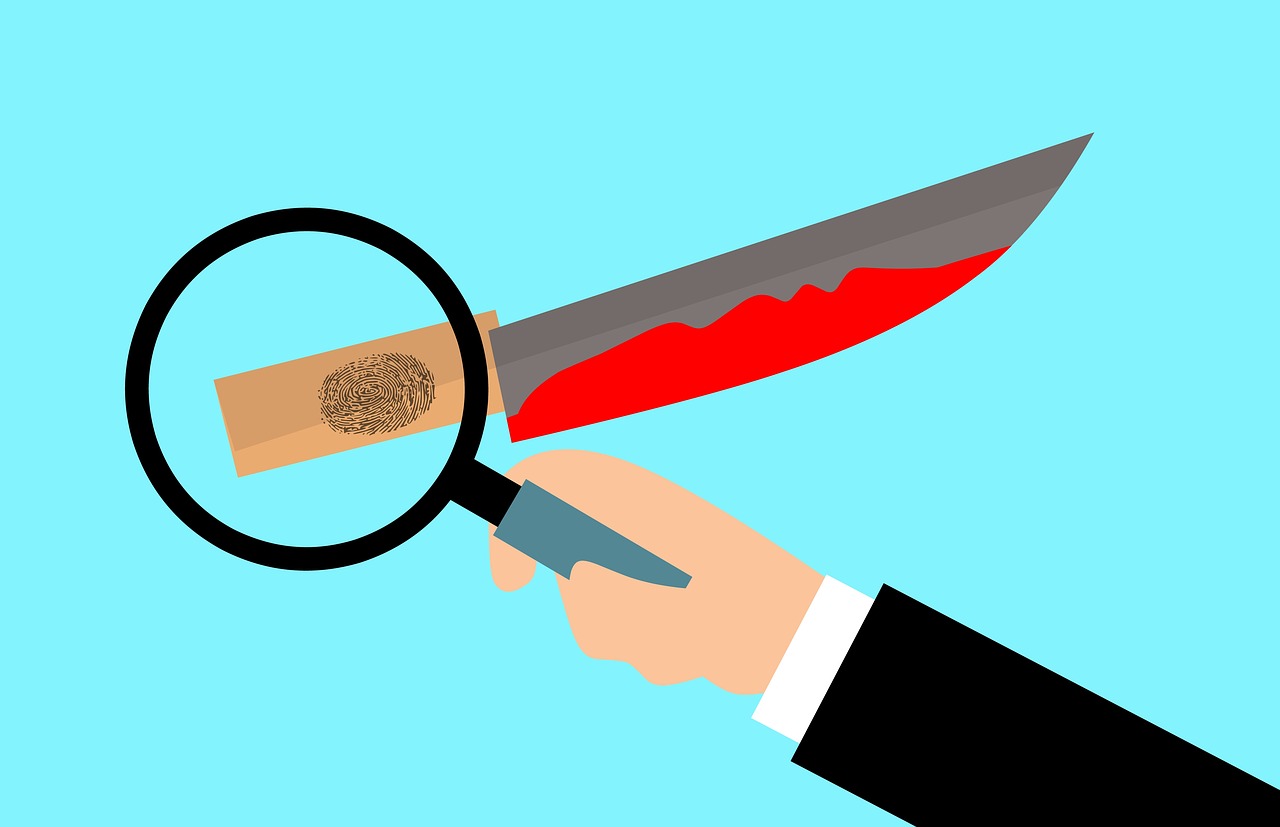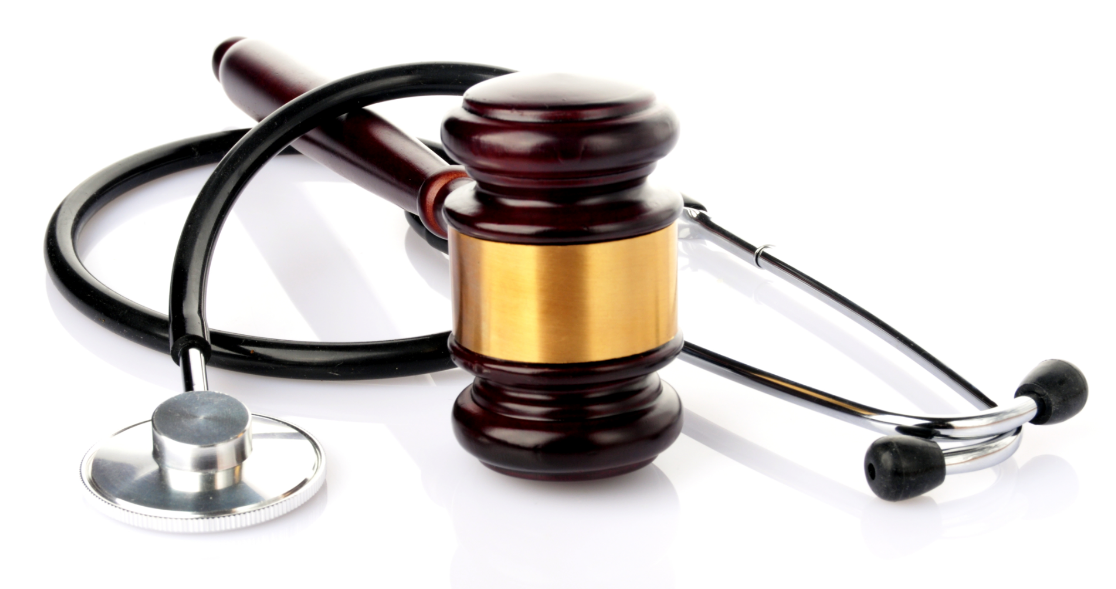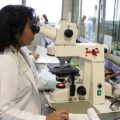What is a medicolegal investigator?
In the realm of forensic science, one crucial profession often overlooked but vital in unraveling the mysteries surrounding untimely deaths is that of a Medicolegal Death Investigator. Tasked with the responsibility of investigating suspicious, sudden, or unexplained deaths, these professionals play a pivotal role in bridging the gap between medicine and the law. By meticulously examining the circumstances, collecting evidence, and collaborating with various stakeholders, medicolegal death investigators provide invaluable insights into the cause, manner, and circumstances of death.
In this article, we will delve into the responsibilities, qualifications, and significant contributions of these unsung heroes of the forensic world.
What is the role of a medicolegal death investigator?
Medicolegal death investigators serve as a crucial link between forensic pathologist, law enforcement agencies, and legal systems. Their primary role is to conduct thorough investigations into deaths falling under the jurisdiction of the medical examiner or coroner’s office. These investigations aim to determine the cause and manner of death, ensuring that justice is served, and public safety is upheld.
The responsibilities of a medicolegal death investigator are multifaceted. They involve arriving at the death scene promptly, securing the area, and documenting the initial observations. Collecting and preserving physical evidence, such as clothing, personal belongings, and biological samples, forms a critical part of their duties. Additionally, they meticulously document the circumstances surrounding the death, including the testimonies of witnesses, the decedent’s medical history, and relevant forensic findings.
Education and Qualifications
Becoming a medicolegal death investigator requires a unique blend of scientific knowledge, investigative skills, and compassion for the deceased and their families. Most professionals in this field possess a bachelor’s degree in forensic science, biology, criminal justice, or a related field. Furthermore, they receive specialized training in areas such as death investigation, crime scene management, forensic photography, and forensic pathology.
In addition to formal education, practical experience is invaluable. Many aspiring medicolegal death investigators gain hands-on experience by working in a forensic laboratory, law enforcement agency, or medical examiner’s office. This exposure helps them develop a solid foundation in forensic procedures, evidence collection, and the legal aspects of death investigations.
Medicolegal Death Investigator Certification
Medicolegal death investigator certification is a process through which professionals in this field can demonstrate their knowledge, skills, and competency in conducting death investigations. Certification programs provide standardized training and assessment, ensuring that investigators meet certain criteria and adhere to professional standards. Although certification requirements may vary by jurisdiction, the American Board of Medicolegal Death Investigators (ABMDI) is a widely recognized organization that offers certification in the United States.
To obtain certification as a medicolegal death investigator, individuals typically need to meet certain educational and experience requirements. These requirements may include having a minimum level of education (e.g., a bachelor’s degree in a relevant field), completing specific training courses related to death investigation, and gaining practical experience in the field.
The ABMDI certification process involves several steps:
- Eligibility: Applicants must meet the eligibility requirements set by the ABMDI, including education, training, and experience criteria.
- Application: Candidates must submit an application that includes their educational background, work experience, training courses completed, and references.
- Examination: Once the application is reviewed and approved, candidates are eligible to sit for the ABMDI certification examination. The exam assesses their knowledge of death investigation principles, practices, and relevant legal aspects.
- Case Study: After passing the examination, candidates must complete a comprehensive case study. This case study requires them to analyze and document a complex death investigation scenario.
- Peer Review: The case study is then reviewed by a panel of experienced professionals in the field, who evaluate the candidate’s approach, methodology, and conclusions.
- Continued Education: Certified investigators must also engage in continuing education activities to maintain their certification. This ensures they stay updated with advancements in the field and adhere to professional standards.
Obtaining certification as a medicolegal death investigator demonstrates a commitment to professionalism, ongoing education, and adherence to established standards in the field. It can enhance career opportunities, improve credibility, and provide a recognized benchmark for employers, colleagues, and the legal system.
It is important to note that certification requirements and organizations may vary depending on the country or jurisdiction. Aspiring investigators should research the specific requirements and certification bodies relevant to their location.
Significant Contributions
Medicolegal death investigators play a vital role in the criminal justice system by providing crucial evidence and expert opinions. Their meticulous work helps identify potential homicides, suicides, accidental deaths, or deaths resulting from natural causes. Their findings serve as a valuable resource for prosecutors, defense attorneys, and the courts in determining guilt or innocence and ensuring justice is served.
Furthermore, medicolegal death investigators also contribute to public health and safety. By identifying patterns and trends in deaths, they aid in recognizing potential threats to public health, such as drug overdose outbreaks, infectious diseases, or environmental hazards. These insights facilitate the implementation of preventive measures and policies to safeguard communities.
The demanding and emotionally-challenging nature of the medicolegal death investigator’s role cannot be overlooked. They often encounter distressing scenes and must handle sensitive situations with professionalism and empathy. Dealing with grieving families requires a delicate balance of compassion and objectivity, as investigators provide them with information and support during the investigative process.
Technology has also played a significant role in enhancing the capabilities of medicolegal death investigators. Advancements in forensic science, including DNA analysis, toxicology screenings, and digital imaging techniques, have greatly improved the accuracy and efficiency of investigations. Investigators now have access to sophisticated tools and resources that aid in evidence collection, analysis, and reconstruction of events.
In recent years, the field of medicolegal death investigation has seen an increased recognition of the need for standardization and professional development. Organizations such as the American Board of Medicolegal Death Investigators (ABMDI) and the National Association of Medical Examiners (NAME) have established guidelines, certifications, and continuing education programs to ensure that investigators stay updated with the latest advancements in the field.
The future of medicolegal death investigation holds promising possibilities. As technology continues to evolve, investigators will have access to even more advanced tools for evidence analysis and crime scene reconstruction. Collaboration between forensic scientists, law enforcement agencies, and medical professionals will further strengthen the investigative process, leading to more accurate determinations of cause and manner of death.
Public awareness and understanding of the vital role of medicolegal death investigators are also crucial. Their work impacts not only the criminal justice system but also public health and safety. Recognizing their contributions and providing them with the necessary resources and support will foster excellence in their field and enhance their ability to serve the community.
Medicolegal death investigator salary
The salary of a medicolegal death investigator can vary depending on factors such as geographical location, level of experience, qualifications, and the employing agency or organization. Salaries can also be influenced by the size of the jurisdiction and the cost of living in a particular area. It’s important to note that the following figures are general estimates and may not reflect the exact salary in every situation.
In the United States, the salary range for a medicolegal death investigator typically falls between $40,000 and $80,000 per year. Entry-level positions or those with less experience may start at the lower end of the range, while experienced investigators or those in supervisory roles may earn salaries towards the higher end.
In some cases, additional certifications, advanced degrees, or specialized training may lead to higher salaries or opportunities for advancement within the field. For example, individuals who obtain board certification from the American Board of Medicolegal Death Investigators (ABMDI) may command higher salaries or have a competitive edge in the job market.
It is worth noting that salaries can also vary for medicolegal death investigators working in other countries, as compensation is influenced by local economic factors, healthcare systems, and government structures. It’s advisable to consult specific sources or professional organizations in the country of interest to obtain accurate and up-to-date salary information.
Conclusion
In conclusion, the work of a medicolegal death investigator is indispensable in unraveling the mysteries surrounding suspicious deaths. Their multidisciplinary approach, combining scientific knowledge, investigative skills, and compassion, plays a critical role in ensuring justice, public safety, and the well-being of society. As we continue to advance in the field of forensic science, it is vital to appreciate and support these dedicated professionals who tirelessly strive to bring clarity to the most perplexing cases of death.







